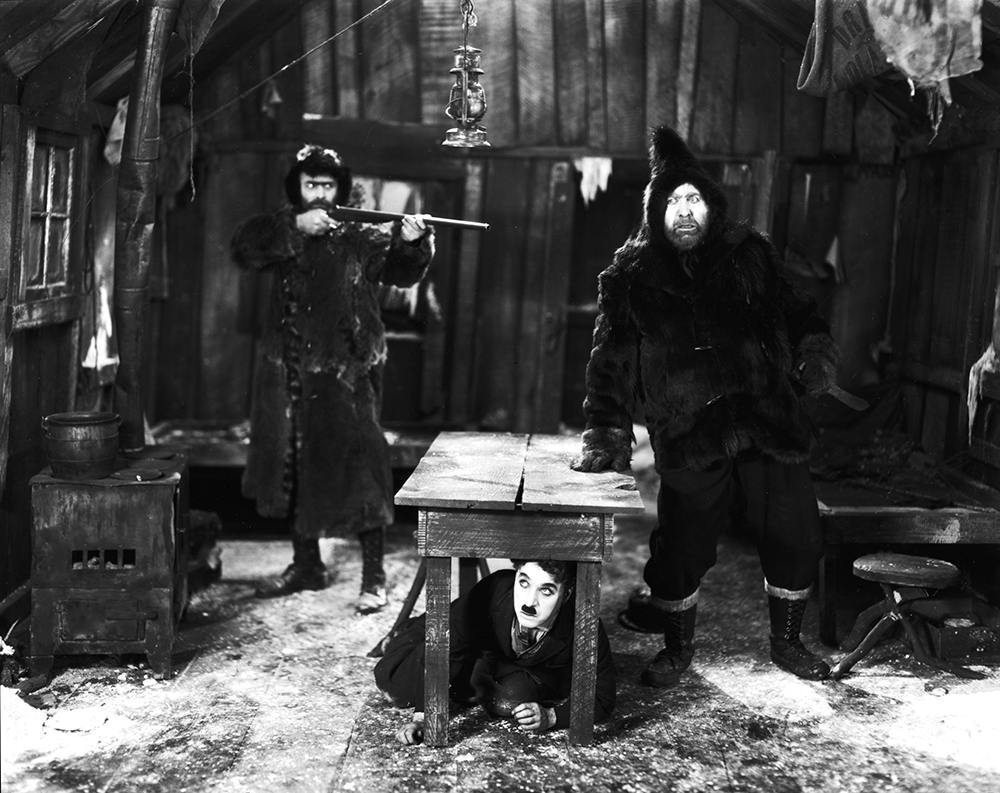I just got word that an old friend of mine, Mike Terranova, has died. I met him in college. We lived in the same dorm, and in a hallway of eccentrics, he stood out.
He majored in chemistry and we ("we" being Mike and others on the hall, including myself) sometimes mixed up concoctions that were incendiary or explosive. I'd say more but I'm not sure if the statute of limitations is up.
He also studied Russian. I remember when he would grumble he'd make a sound like
boizhe moizhe, which I believe was a Russian grumble. And when he said goodbye he'd call you tovarich.
He was into botany, and when we walked through the woods he would happily tell you about the various flora. When we lived in different parts of the country, in fact, his letters would often tell you stories about the different trees and so on that he'd been looking at.
Every week in the dorm we'd get a sheet listing meals the cafeteria would be serving. Mike would highlight what he planned to eat. That seemed to me to be too much preparation. So I secretly replaced his sheet with my own, where I'd highlighted different selections. I eagerly awaited to see if he'd follow my menu, but he just took what he wanted (which is what he should have been doing all along).
After graduation, he moved to Boston, studying chemistry at Harvard, while I moved to Chicago and then Los Angeles. But we still kept up, and I visited him out east several times. He and his wife (and eventually his daughter) had a nice place in the Beacon Hill district, whose history goes back to colonial days. It was a long and narrow place--I would call it shoebox-shaped--but very vertical, with four stories if you included the basement.
The first time I visited him there I took a train into town. I had a heavy suitcase (no wheels) and he told me not to worry, his place was just around the corner. And at each corner I expected we'd finally made it, and he told me we weren't there yet. We must have walked a mile (or so it felt) before we got there. I asked him why he didn't tell me it was that far in the first place, and he said he figured it'd be easier to do it one block at a time.
We often walked to Quincy Market for dinner, but once he wanted to go to this out-of-the-way fish restaurant he'd heard about. We walked all over town--it seemed like hours--looking for it. We finally found the place and it was closed. (All these stories about walking so far. But Mike was fun to be around so you didn't mind.)
He loved music. He played viola and would rehearse for hours (which takes dedication because the viola has the most boring part in a string quartet). He was a fanatic about what I would call pre-classical music. He studied music written by composers I never heard of. He would study these old musical manuscripts and make tapes where he sang these pieces in four-part harmony.
The last time I remember seeing him was in Providence, many years ago. A film I had written was playing at a festival, and Mike (and two other friends) joined me for the premiere. I have a story, though it's more about me than Mike. We ate dinner before the showing, and I spilled some soup on my pants. On the way back, we walked by my car, where I had a change of clothes. So I had Mike and my friends form a wedge while I changed my pants on the street.
Old friends are the best friends, and I'd never met anyone like Mike. He made a difference in my life, and he's gone way too soon.





/cdn.vox-cdn.com/uploads/chorus_asset/file/19982242/Screen_Shot_2020_05_16_at_4.36.04_PM.png)


